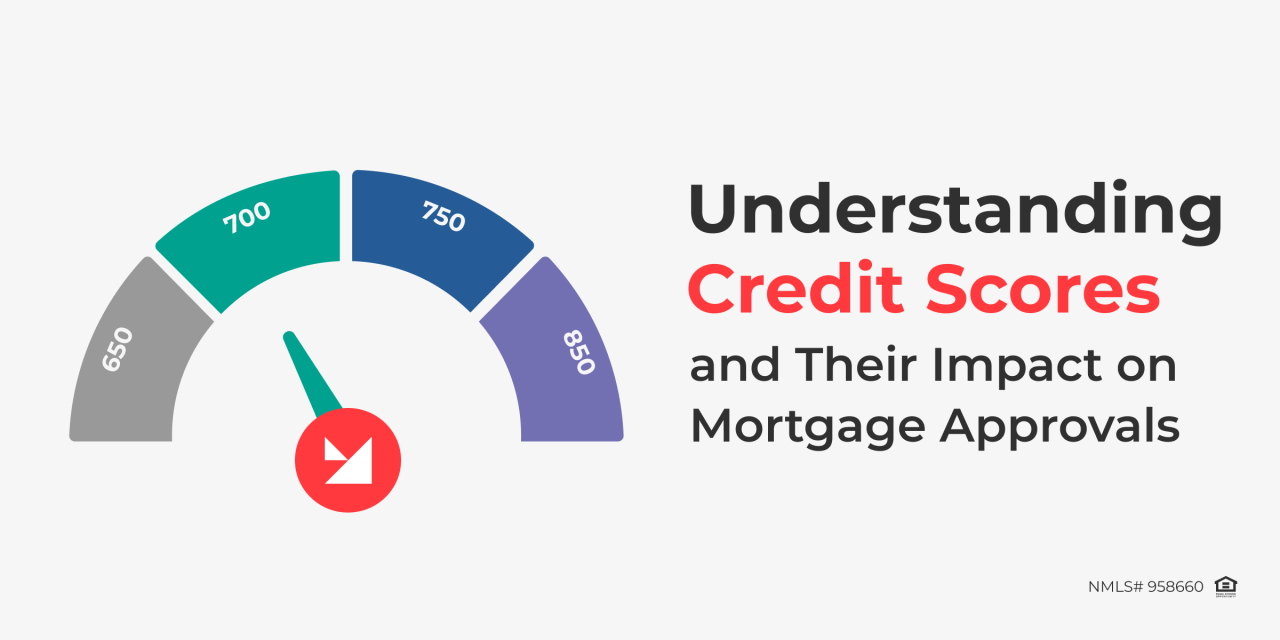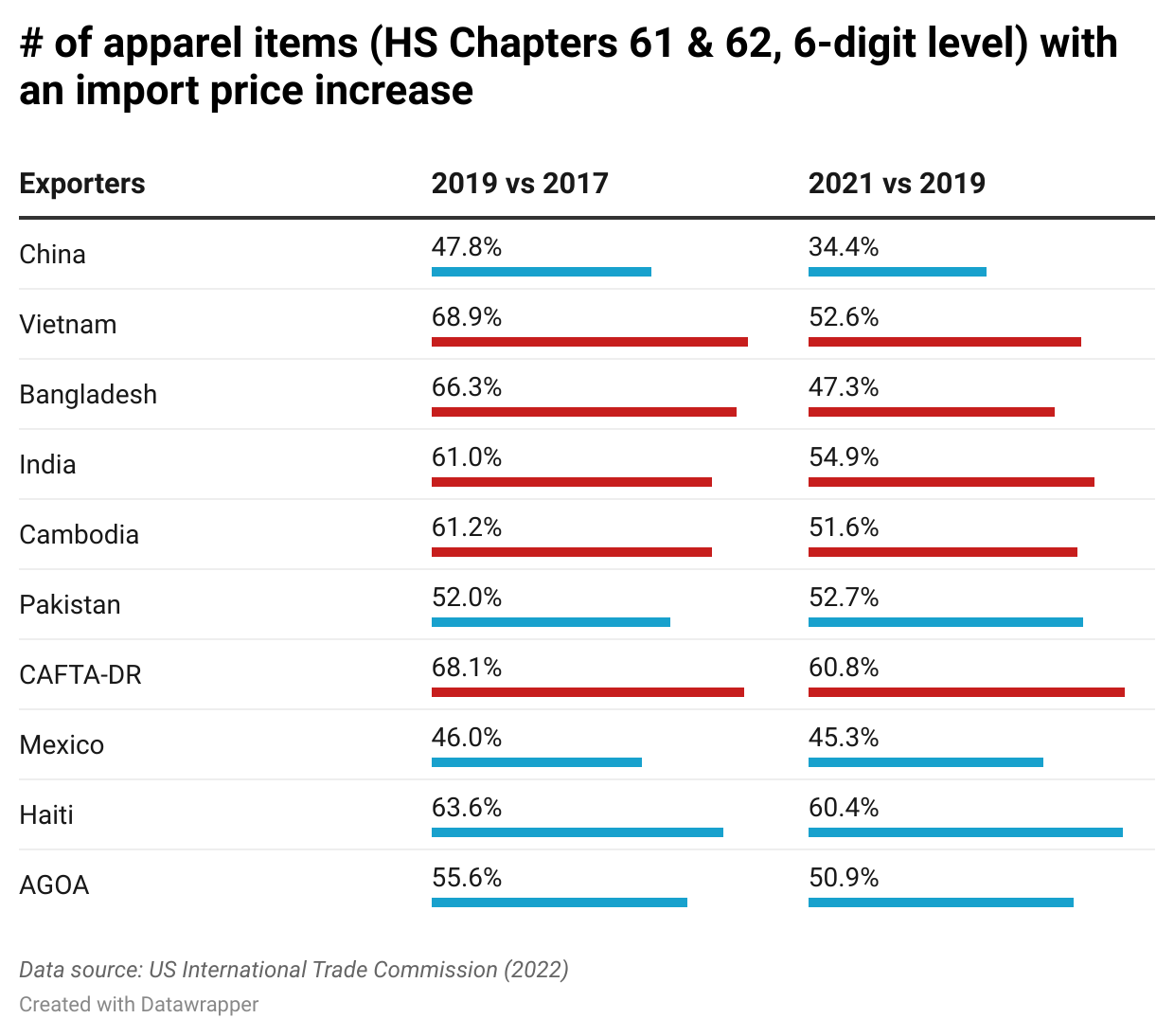Understanding The Impact Of Climate Risk On Your Mortgage Credit Score

Table of Contents
How Climate Change Affects Property Values
Climate change significantly impacts property values, creating financial risks that can directly affect your mortgage.
Increased Insurance Premiums
Climate change fuels the frequency and severity of extreme weather events like floods, wildfires, and hurricanes. This directly translates to:
- Higher insurance premiums: Insurers assess risk based on location and climate vulnerability. Properties in high-risk areas face dramatically increased premiums.
- Difficulty obtaining insurance: In some high-risk zones, obtaining adequate insurance coverage becomes extremely challenging, leaving homeowners vulnerable.
- Financial strain: The increased cost of insurance can strain household budgets, potentially leading to late mortgage payments and damaging your credit score. This financial burden is a direct consequence of climate-related risks.
Decreased Property Value
The market reflects the risks associated with climate change. Properties in climate-vulnerable areas experience:
- Reduced buyer demand: Potential buyers are less willing to purchase homes in areas prone to frequent flooding, wildfires, or other climate-related disasters.
- Lower property values: Decreased demand directly translates to lower property values, diminishing your home equity.
- Increased lender risk: Lenders perceive properties in high-risk zones as more risky investments, potentially leading to stricter lending criteria or higher interest rates. This reduced equity can impact your ability to refinance or access further credit.
Government Regulations and Building Codes
In response to climate risks, governments are implementing stricter building codes and regulations, particularly in high-risk areas. This can mean:
- Costly upgrades: Older properties might require expensive renovations to meet updated building codes, adding significant financial strain.
- Impact on property value: The cost of these upgrades can outweigh the potential increase in property value, potentially lowering the overall worth of the property.
- Financial hardship: The burden of expensive renovations could make it difficult to maintain timely mortgage payments, negatively affecting your credit.
The Impact on Your Mortgage Credit Score
The financial repercussions of climate change on property values directly translate into risks to your mortgage credit score.
Late or Missed Mortgage Payments
The increased financial burdens associated with climate change can lead to:
- Missed mortgage payments: Higher insurance premiums, repair costs, or decreased property value can strain budgets, potentially causing missed or late payments.
- Credit score damage: Even a single late payment can significantly lower your FICO score, impacting your ability to secure future loans and credit. Your creditworthiness becomes directly linked to the climate risks faced by your property.
- Long-term financial consequences: A damaged credit score can impact various aspects of your financial life, from car loans to credit card applications.
Foreclosure
In severe cases, the financial strain from climate-related events can lead to:
- Foreclosure: Inability to meet mortgage payments due to climate-related financial hardship can result in foreclosure.
- Devastating credit impact: Foreclosure has a catastrophic impact on your credit score, severely limiting your access to credit for years to come.
- Long-term financial ruin: Foreclosure not only affects your credit but also results in the loss of your home and significant financial setbacks.
Lender Risk Assessment
Lenders are increasingly sophisticated in their risk assessments, considering climate change:
- Stricter lending criteria: Properties in high-risk areas might face stricter lending criteria, making it more difficult to secure a mortgage.
- Higher interest rates: Lenders might charge higher interest rates on mortgages for properties located in climate-vulnerable areas, increasing your overall cost of borrowing.
- Reduced access to credit: This can limit your access to favorable mortgage terms, impacting your ability to refinance or secure additional credit.
Mitigating Climate Risk and Protecting Your Credit Score
Proactive steps can significantly mitigate the financial risks associated with climate change and protect your credit score.
Flood Insurance and other Protective Measures
Investing in protective measures demonstrates responsible homeownership and can help maintain your creditworthiness:
- Flood insurance: Purchasing flood insurance, even if you're not in a designated flood zone, is a crucial step in protecting your property.
- Preventative measures: Regular home maintenance, upgrading to more resilient building materials, and implementing preventative measures to protect against fire and flooding can significantly mitigate risks.
- Demonstrating responsible ownership: These proactive measures show lenders that you're taking steps to protect your investment and manage risk responsibly.
Financial Planning and Budgeting
Careful financial planning is essential to weathering potential financial storms:
- Detailed budget: Create a detailed budget that accounts for potential increases in insurance premiums, repair costs, and other climate-related expenses.
- Emergency fund: Build a financial cushion to absorb unexpected expenses related to climate-related damage or repairs.
- Professional financial advice: Seek professional financial advice to develop a robust financial strategy that can withstand unexpected financial shocks.
Understanding Your Property's Climate Risk
Informed decision-making is key to protecting your financial future:
- Climate risk assessments: Research your property's vulnerability to climate-related risks using flood maps, wildfire risk assessments, and other available resources.
- Proactive mitigation: This knowledge empowers you to take proactive steps to mitigate potential risks and protect your investment.
- Informed choices: Understanding your property's climate risk allows you to make informed decisions about your mortgage and your financial future.
Conclusion
Climate risk and your mortgage credit score are increasingly intertwined. Understanding the potential impacts of climate change on your property value and your ability to make timely mortgage payments is crucial for protecting your financial well-being. By proactively addressing climate risk through insurance, financial planning, and informed decision-making, you can protect your credit score and safeguard your financial future. Don’t wait – learn more about assessing the climate risk associated with your property and protecting your mortgage credit score today!

Featured Posts
-
 Abn Amro Impact Of Tariffs On Us Food Exports
May 21, 2025
Abn Amro Impact Of Tariffs On Us Food Exports
May 21, 2025 -
 Understanding The Love Monster Exploring Its Origins And Meaning
May 21, 2025
Understanding The Love Monster Exploring Its Origins And Meaning
May 21, 2025 -
 Moncoutant Sur Sevre Et Clisson Une Histoire De Diversification Centennale
May 21, 2025
Moncoutant Sur Sevre Et Clisson Une Histoire De Diversification Centennale
May 21, 2025 -
 Walliams And Cowells Fallout A Look At The Celebrity Rift
May 21, 2025
Walliams And Cowells Fallout A Look At The Celebrity Rift
May 21, 2025 -
 Matt Lucas Gives Little Britain Update Following Revival Questions
May 21, 2025
Matt Lucas Gives Little Britain Update Following Revival Questions
May 21, 2025
